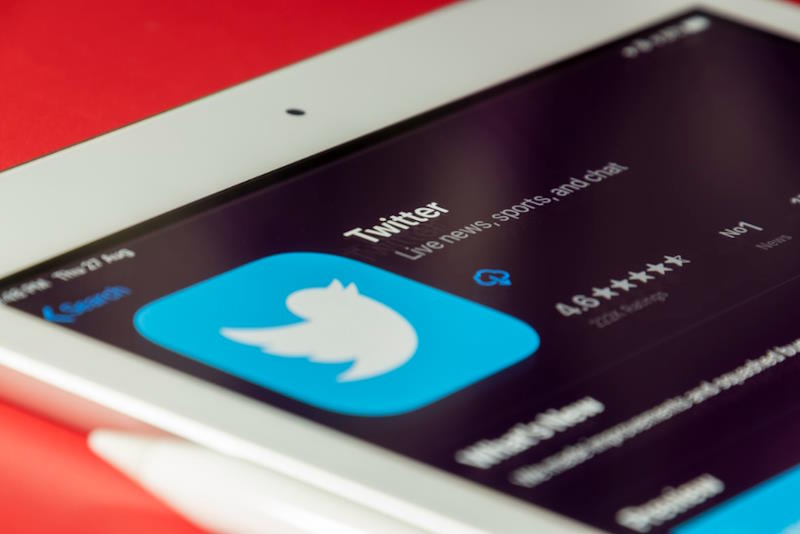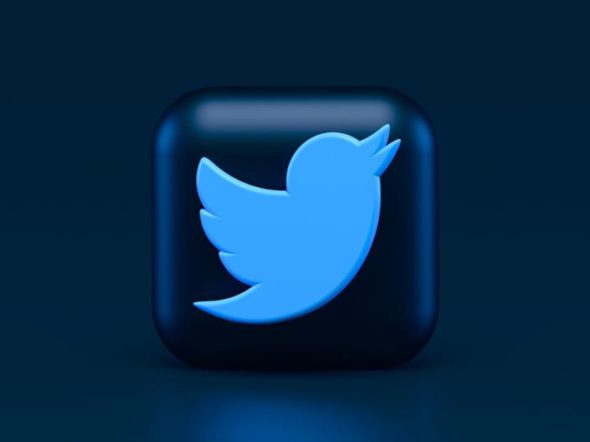Twitter has long served as a global platform where individuals and organizations alike can voice their opinions, engage in meaningful discourse, and stay abreast of trending topics. Over time, however, Twitter has evolved into more than just an open forum for discussion. It has become a critical tool for shaping personal, professional, and corporate identities.
Twitter’s function extends beyond casual conversation. It is now a vital instrument in the arsenal of businesses, influencers, politicians, and everyday individuals, serving as a reflection of one's persona or brand image to the world. As the platform's popularity and influence have grown, with more than 450 million people using it, so has the gravity of each tweet and the implications it might carry.
In the world of business, in particular, Twitter has become an essential tool for companies to communicate their values, engage with customers, and respond to crises. Every tweet becomes part of the company’s digital footprint and contributes to its broader online narrative. To that end, many entrepreneurs and businesses opt to delete certain posts that might negatively impact their online presence. Let’s explore the benefits of cleaning up the past below.
Rationale Behind Tweet Deletion
Public figures, organizations, and businesses have been known to delete tweets for a variety of reasons. Past posts can sometimes reflect outdated views, reveal embarrassing mistakes, or have been misinterpreted, causing potential harm to the individual's or organization's image. Given the virality aspect of social media, a single damaging tweet can rapidly escalate into a public relations nightmare.
Twitter, unlike some other social media platforms, allows for the chronological presentation of tweets that serve as a visible track record of a user's history on the platform. Every tweet, reply, or retweet might contain material that, in retrospect, could be seen as unprofessional, inappropriate, or potentially damaging to the company's reputation.
Therefore, if you're interested in using Twitter for professional purposes, consider taking a proactive approach to managing your digital footprint rather than starting from scratch with a new account (as your old one could still be discovered). By utilizing the appropriate tools, you can swiftly have your past Twitter tweets deleted in a flash, which helps you ensure your digital history aligns with your current professional image, providing peace of mind regarding your online presence.

Benefits to Business Image
The act of deleting all tweets can serve as a sort of 'digital detox.' It provides an opportunity for businesses to redefine their online persona, align their Twitter presence with their current branding, and start afresh with a new communication strategy. By doing so, companies can:
Avoid unnecessary controversy
Past tweets might be "landmines"—posts that were acceptable at the time but are no longer politically, socially, or corporately correct. Clearing past tweets can help dodge such unnecessary controversies.
Align the content with their current brand image
A company's goals, image, and branding strategy evolve over time. What was tweeted several years ago might not align with the current vision and mission of the company. Deleting past tweets can help ensure a more consistent, up-to-date brand image.
Have control over their narrative
By removing past tweets, a company has better control over its narrative. The focus remains on current and future messages rather than past posts.
Potential Drawbacks and Alternatives
While there are potential benefits, deleting all tweets is not a decision to be taken lightly. There are several reasons businesses might hesitate to take this drastic step. For one, deleting tweets could give the impression of hiding something or rewriting history. It might also result in the loss of content that followers found valuable.
As an alternative, some businesses or entrepreneurs choose to perform a Twitter 'audit.' Rather than mass-deleting all past tweets, they comb through their history and remove only those posts that could be harmful to their image.
Another compromise could be the use of a disclaimer, a strategy popular among many Twitter users that states that retweets, likes, or opinions change over time and do not represent the current stance of the individual or company.
Bottom Line
Twitter's role as a platform for expressing opinions and engaging in discourse has expanded significantly over time, becoming a critical tool for individuals and businesses to shape their public personas. The impact of each tweet on a company's image cannot be overstated, especially considering the permanence and visibility of digital content.
Given this, the strategy of deleting past tweets emerges as a significant consideration for businesses. It offers the potential for a digital 'refresh,' allowing a company to align its online narrative with its current brand image and to avoid potential controversies arising from outdated or inappropriate tweets.
However, it's important to note that such a step should not be taken lightly. The potential pitfalls, including the perception of evading accountability or the loss of valuable content, warrant careful consideration. Alternatives like conducting a Twitter 'audit' or using disclaimers may offer a middle ground, providing control over the narrative without completely erasing history.
